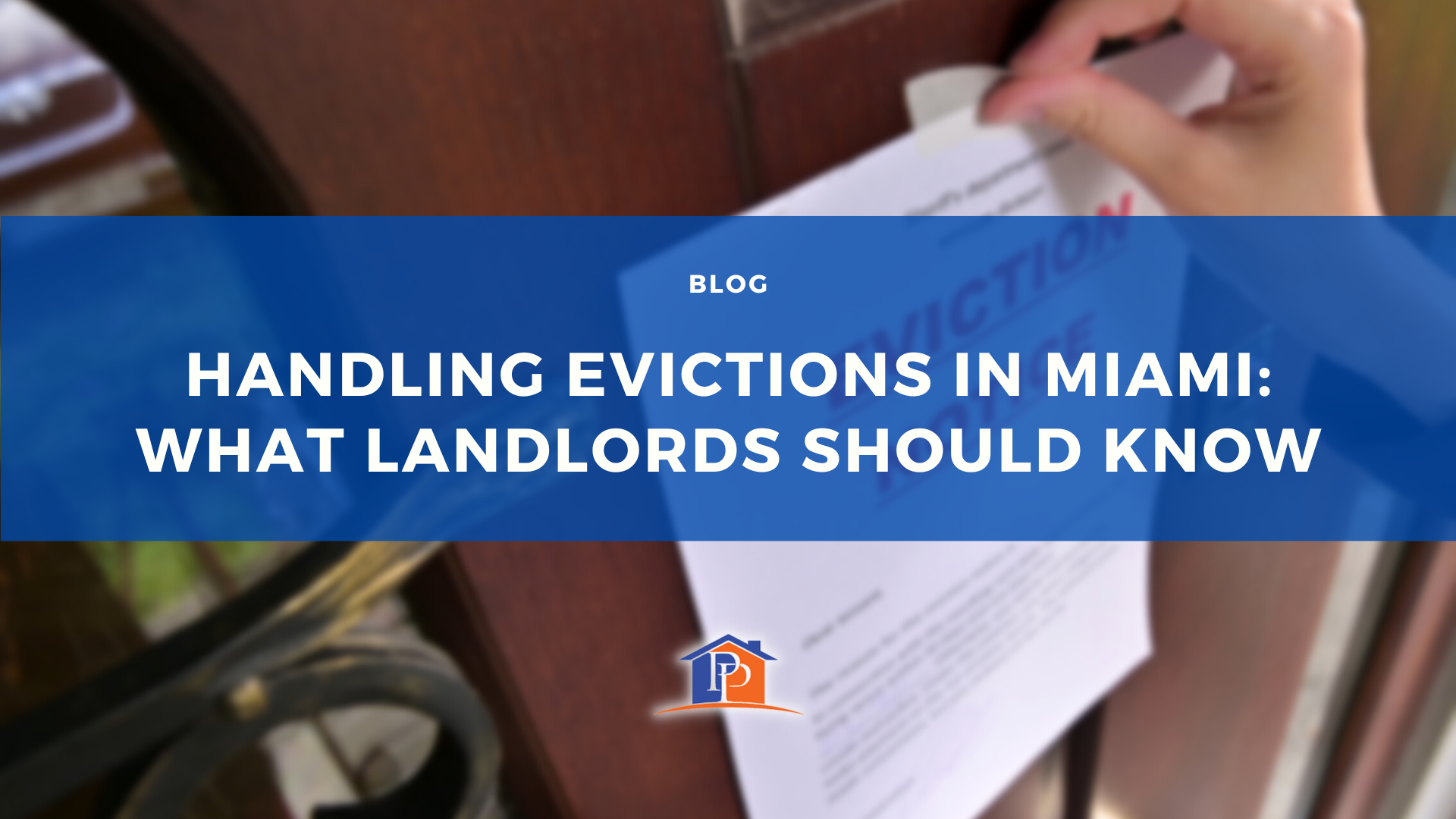So, you've decided to dip your toes into the world of real estate in Miami, and everything is going swimmingly until you encounter the dreaded "E" word: evictions.
If you've got a tenant who's violating the lease, or just not paying rent, that's where evictions come into play. But how do you pull it off without breaking the law?
We can help. Read on to find out what you need to know about handling Miami evictions.
Understand Eviction Laws
Understanding Florida and Miami-Dade County's landlord-tenant laws is the first step. These laws go through the rights and responsibilities of both landlords and tenants, serving as the foundation for the eviction process.
But, having a thorough knowledge of the law can be complicated, particularly when you're not a lawyer. A property management company can empower you during the process.
In Miami, as in many places, landlords can typically evict tenants for reasons such as not paying rent in full, violation of lease terms, or other breaches of the rental agreement. Make sure your eviction reasons are legally sound before starting the process.
Know the Cost
Evicting a tenant isn't free. Of course, hiring legal representation incurs fees that vary depending on the complexity of the case and the chosen legal representation.
Serving legal documents, a crucial step in the eviction process, often requires the services of a process server or the local sheriff's office. Landlords should budget for these fees, which can contribute significantly to the overall cost of the eviction process.
Provide Proper Notice
Before initiating eviction proceedings, landlords usually need to provide tenants with written notice. The type of notice and the duration can depend on the reason for eviction.
The notice period can also depend on the terms of the lease, so make sure you double-check the lease agreement before serving your tenant with an eviction notice.
To avoid being in an eviction situation, conduct thorough background checks before anyone signs a lease.
Take Legal Action
If you've gone through the notice process and your tenant hasn't vacated the property, it might be time for court hearings.
The formal initiation of legal action involves filing an eviction lawsuit in the appropriate court, often the county court in Miami. Landlords should prepare the necessary documents, pay filing fees, and adhere to court timelines to ensure a smooth process.
Landlords must attend all scheduled court hearings related to the eviction case. This is an opportunity to present evidence, state their case, and respond to any arguments or defenses presented by the tenant. Adherence to court procedures is crucial for a favorable outcome.
If the court rules in your favor, you may be granted a writ of possession. This legal document authorizes law enforcement to enforce the eviction order, allowing the landlord to regain possession of the property.
Florida Evictions: Navigate the Process Today
There's a lot you need to know to handle evictions in Miami properly. With these tips, you should be able to manage the process with ease.
Do you need more property management help? Pristine Property Management LLC will treat your real estate like it's our own home.
Start working with us today.

 Login
Login

